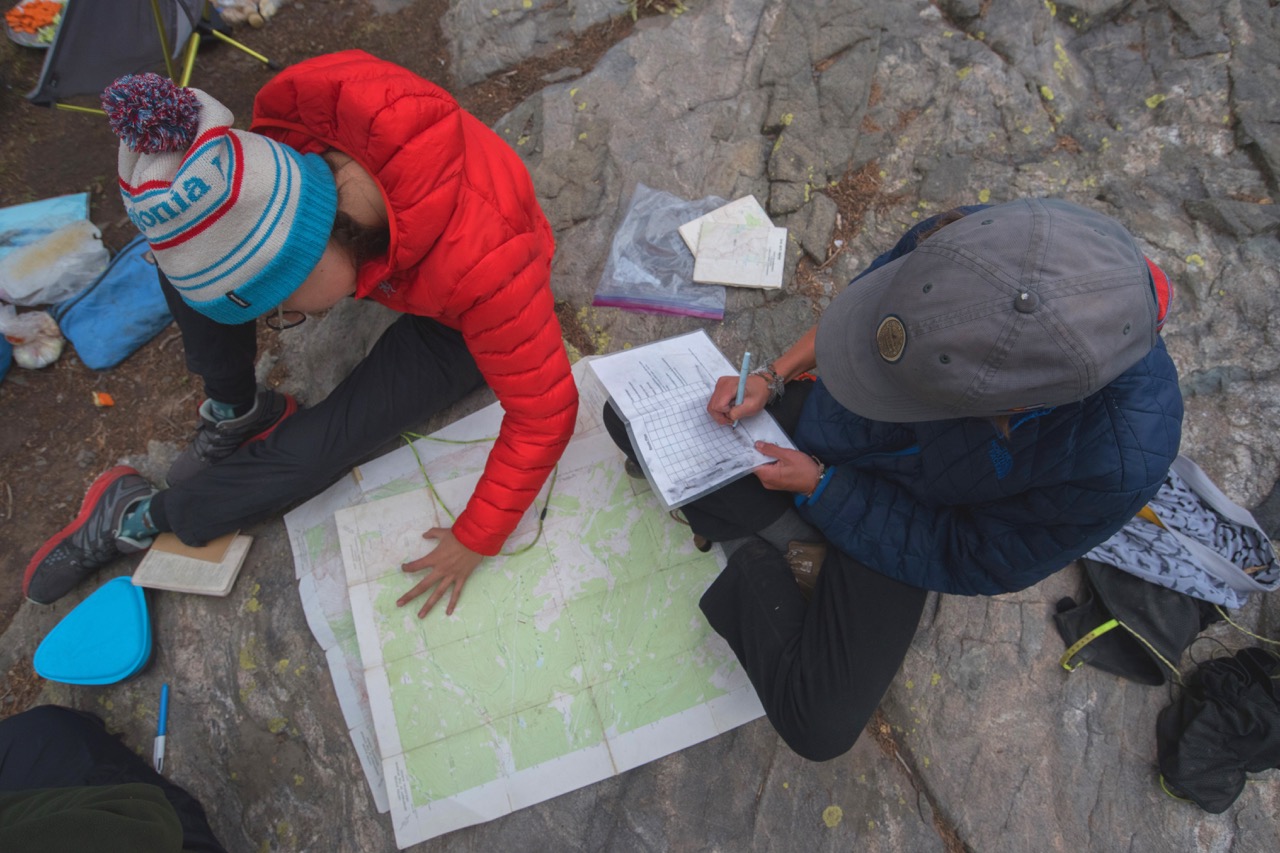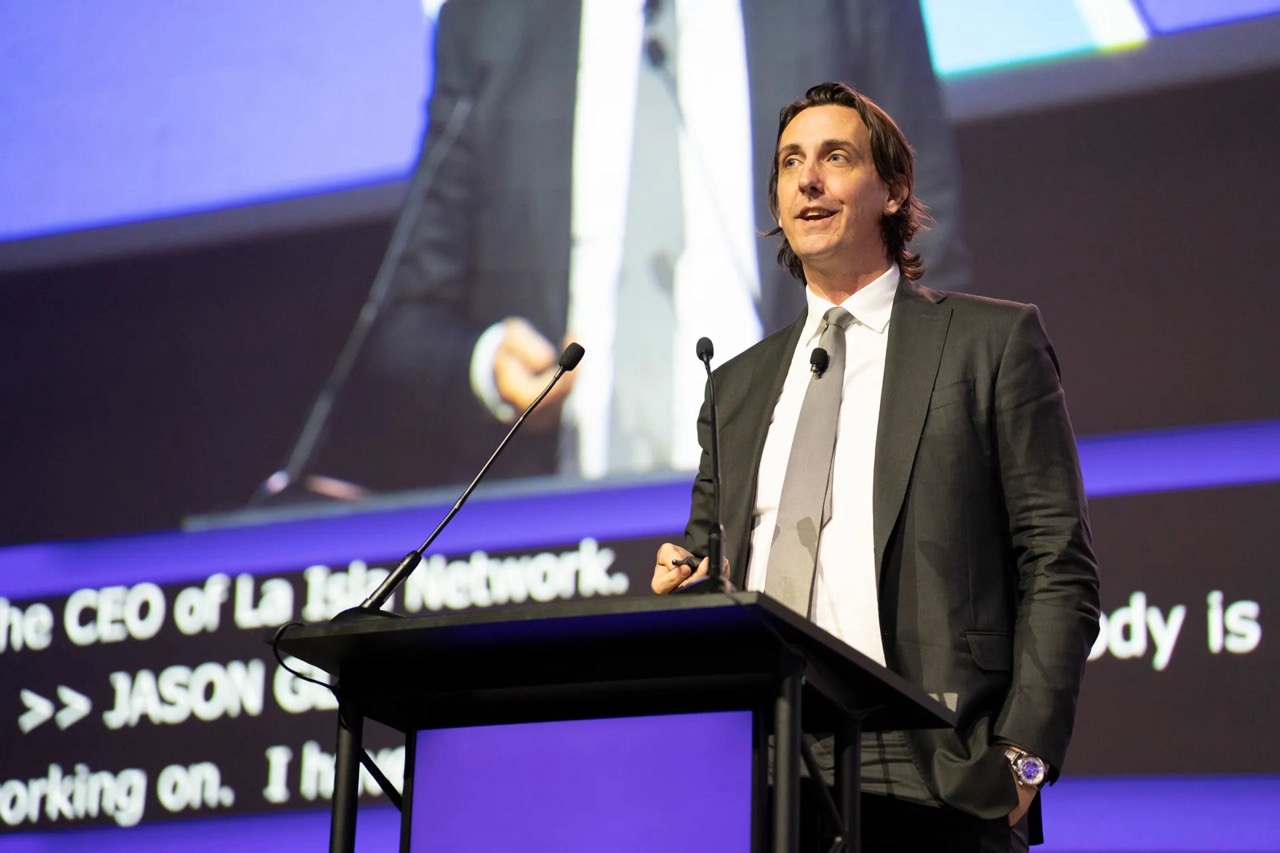River Watch Service Crew gives back to broader community
Service crews have long been an important part of the CRMS journey and a way for students to give back to their community. While digging fence posts is an oft-cited example of the hands-on nature of the work, students also can choose more academic pursuits that include environmental stewardship. The River Watch Service Crew is one such example and run by chemistry teacher Jim Gaw. The crew is contracted with River Watch, a state-wide water quality and assessment program, to provide monthly data and water samples on the Crystal River. Although participants in this small crew are typically also in Jim Gaw’s chemistry class, freshman Willa Schendler signed up her first chance at CRMS.
“This service crew had a clear purpose,” she said. “You’re helping the Department of Wildlife collect data about the river ecosystem which is something that really interests me.”
After a quick training from Gaw, who has run the River Watch crew since 2004, Schendler found herself immersed in real science. “We weren’t just going down to the river and writing down observations. We were doing real chemistry with all these chemicals and beakers and heating and cooling and really precise amounts. Samples would change with vibrant colors and that’s how we’d get our data. It was really cool.”
Every month students in the River Watch Service Crew gather water from the Crystal River below campus. Back in the chemistry lab, students follow a specific set of procedures to analyze the water for hardness, alkalinity, PH, and dissolved oxygen. The results create an important picture of the river’s health.
“The only way we can know what water typically looks like is if you test it on a regular basis,” said Gaw. “So if something goes wrong, we can compare that water to what normal is.”
Tests called titrations are performed three times on a water sample, and the average is then logged in on a Colorado Division of Wildlife database. Water samples are also sent in to the state for heavy metal testing. Because the data is used at a state level, precision matters. In the fall students are given blind samples to test to prove they understand the process, and in the spring River Watch sends a representative to observe the actual lab testing. A recent letter from River Watch to CRMS noted that “students…displayed confidence and complete understanding of all the associated protocols of the River Watch program.”
Gaw attributes that high level of proficiency to the small crew size, which ensures that there’s always something for a student to do or learn. CRMS is one of half a dozen schools in the region that collect and analyze water for River Watch. The data is routinely used at the state level in decision making processes around Colorado’s Clean Water Act, and the River Watch data is one of the largest sets used in hearings that take place every five years to review water basin quality and health.
Senior Daniel Wang, who will head to Emory University at Oxford College in Georgia in the fall, initially joined River Watch because of his concern for local rivers and his passion for fishing.
“As a fisherman, I really care about the quality of the river that is near our school,” he said. “I did the service crew so I can get a closer look at how we monitor the river and just be part of the crew that can help if there are any problems with the river.”
The lab work component also appealed to Wang, who hopes to pursue a career in biochemistry. “River Watch gave me an opportunity to work in a lab and the chance to see if I was interested in that. I can tell you now that I’m very interested and would want to work in a lab in the future.”
When students aren’t titrating Crystal River water samples, they are participating in another aspect of Service Crew– learning the value of work. Students help set up chemistry labs, clean up labs, and assist with other important aspects of running the facility.
“I like to say that 90% of life is maintenance,” said Gaw. “And so there’s a lot involved in the maintenance of a chemistry lab. While doing an experiment in chemistry class leads to a better understanding of chemistry, cleaning up after the experiment and setting up the new experiment and washing the lab ware is what’s necessary to run the experiment. It’s all maintenance.”
Beyond the work, both Schendler and Wang have appreciated the chance to get to know Gaw as well as give back to the broader community.
“We do a lot on public lands and wilderness and it’s only fair that we do what we can to give back,” she said. “When the school offers opportunities to protect the things you’re learning to enjoy, I feel like that’s really valuable. I love how it’s so personal. It’s from our community and helping our community and done by our students. That’s a really cool cycle to be a part of.”
 MYCRMS
MYCRMS
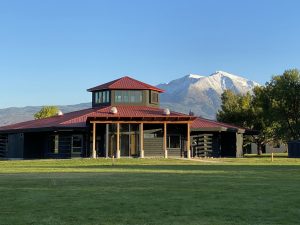
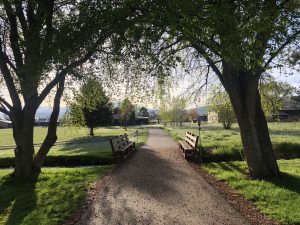
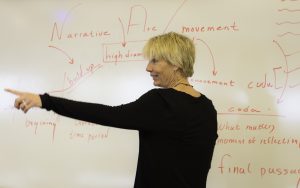
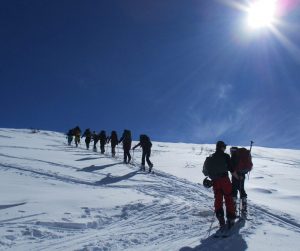

 Virtual Tour
Virtual Tour